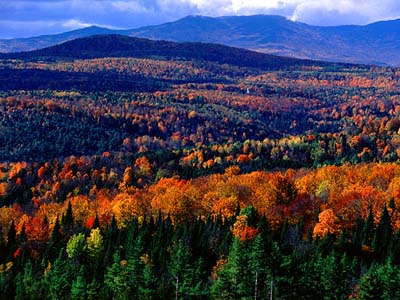Get Today in Masonic History into your Inbox. Sign up today for one of our email lists!
Need an article for your Trestleboard/Newsletter see our Use Policy
Grand Lodge of Vermont is in Session

Today in Masonic History the Grand Lodge of Vermont is having it's 2015 annual session.
The work to form the Grand Lodge of Vermont began before Vermont became a part of the United States. At the time the discussions began to form a Grand Lodge, Vermont was not even a Republic yet. Vermont would become an independent republic in 1777.
In 1774, there were five lodges in Vermont all chartered from different Grand Lodges. The Grand Lodges included the Grand Lodge of Massachusetts, Connecticut, and Canada. It was also in 1774 that masons from Dorchester Lodge in Vergennes, Vermont proposed that a Grand Lodge be formed. In August of that year Dorchester Lodge along with North Star Lodge in Manchester, Vermont and Temple Lodge in Bennington, Vermont came together, presented their credentials and began the initial planning of the Grand Lodge of Vermont. The members present agreed to send representatives to Rutland, Vermont in October of that same year to begin the process of drafting a constitution.
In October of 1774, fourteen brothers from five lodges, Vermont Lodge from Springfield, Vermont and Union Lodge from Middlebury, Vermont, came together to draft the Vermont Constitution. On October 13th, the brothers came together to officially sign the new constitution.
It wasn't until 1794, that the first Session of the Grand Lodge of Vermont was held. By this time Vermont had asked to join the United States and was admitted in 1791. During the first three decades Vermont was a state, the State Legislature moved around alternating between having it's sessions on the east side of the Green Mountains and the west side. Since many of the early brothers and leaders in Vermont Masonry were part of the legislature it was decided that the Grand Lodge Session would be held in the same area as the State Legislative Session to reduce the need for traveling.
During the 1800's like many Grand Lodges in the United States, Vermont suffered from the anti-masonic sentiment brought on by the Morgan Affair. The Grand Lodge of Vermont went quiet and several masonic lodges either went dark or expired all together. Several dedicated individuals were able to keep Freemasonry alive in the background waiting for the anti-masonic sentiment to end. Vermont was the only state to give it's electoral votes to the anti-masonic candidate in the 1832 election.
Today is the 221st Annual Communication of the Grand Lodge of Vermont in Killington, Vermont.
This article provided by Brother Eric C. Steele.

